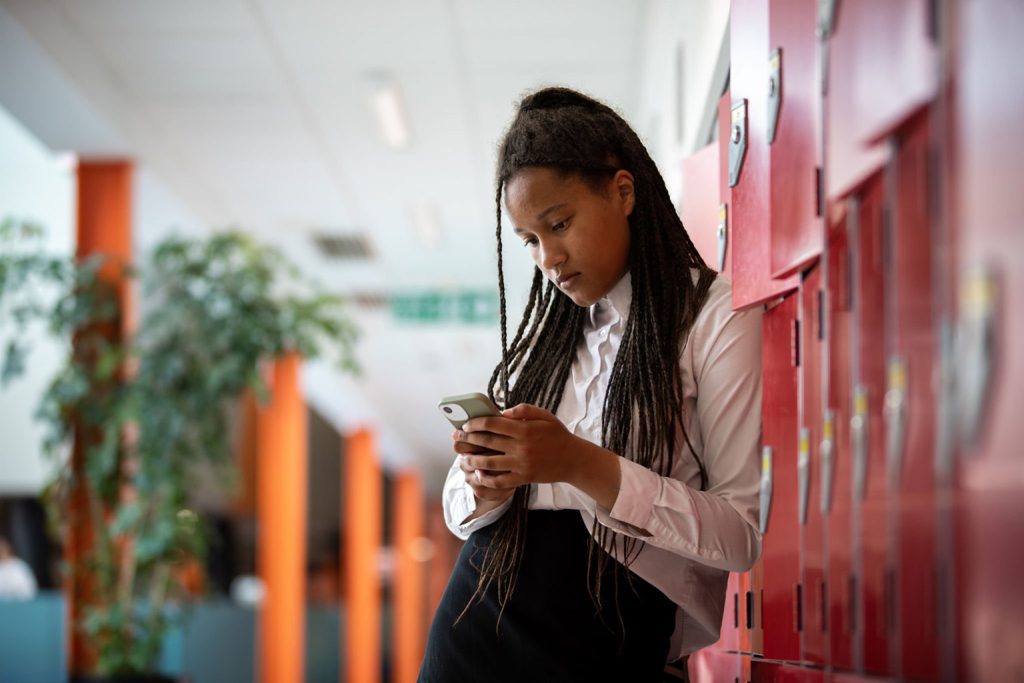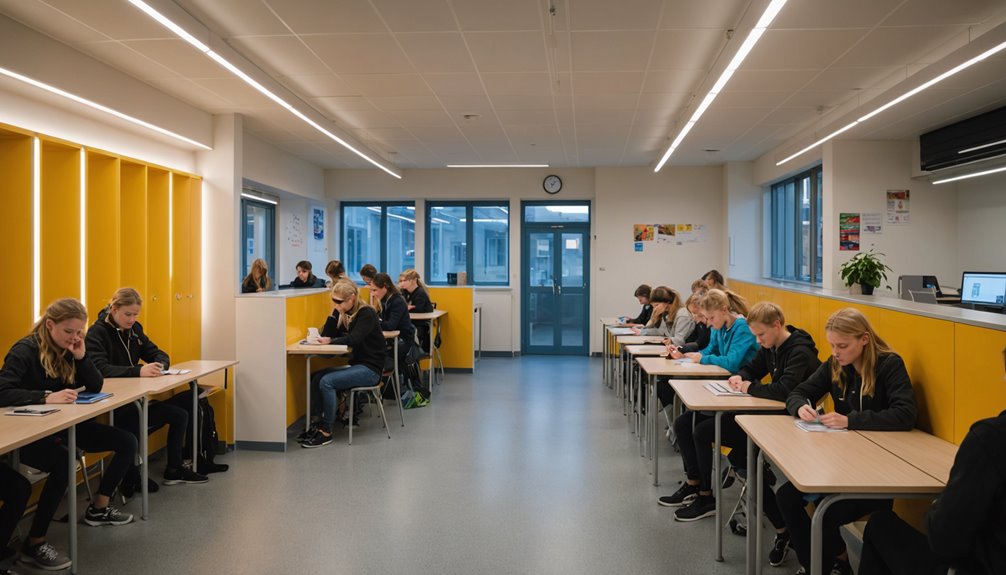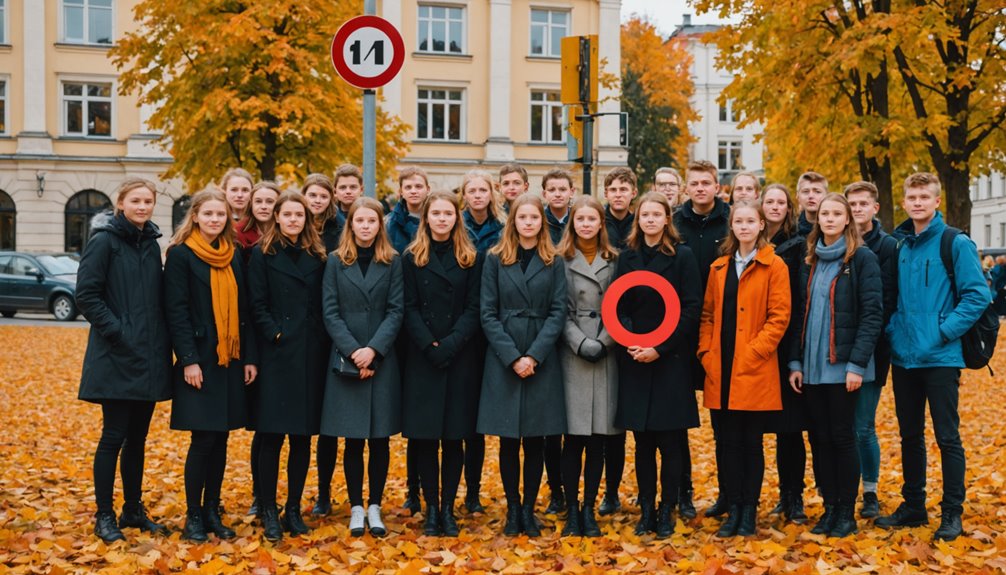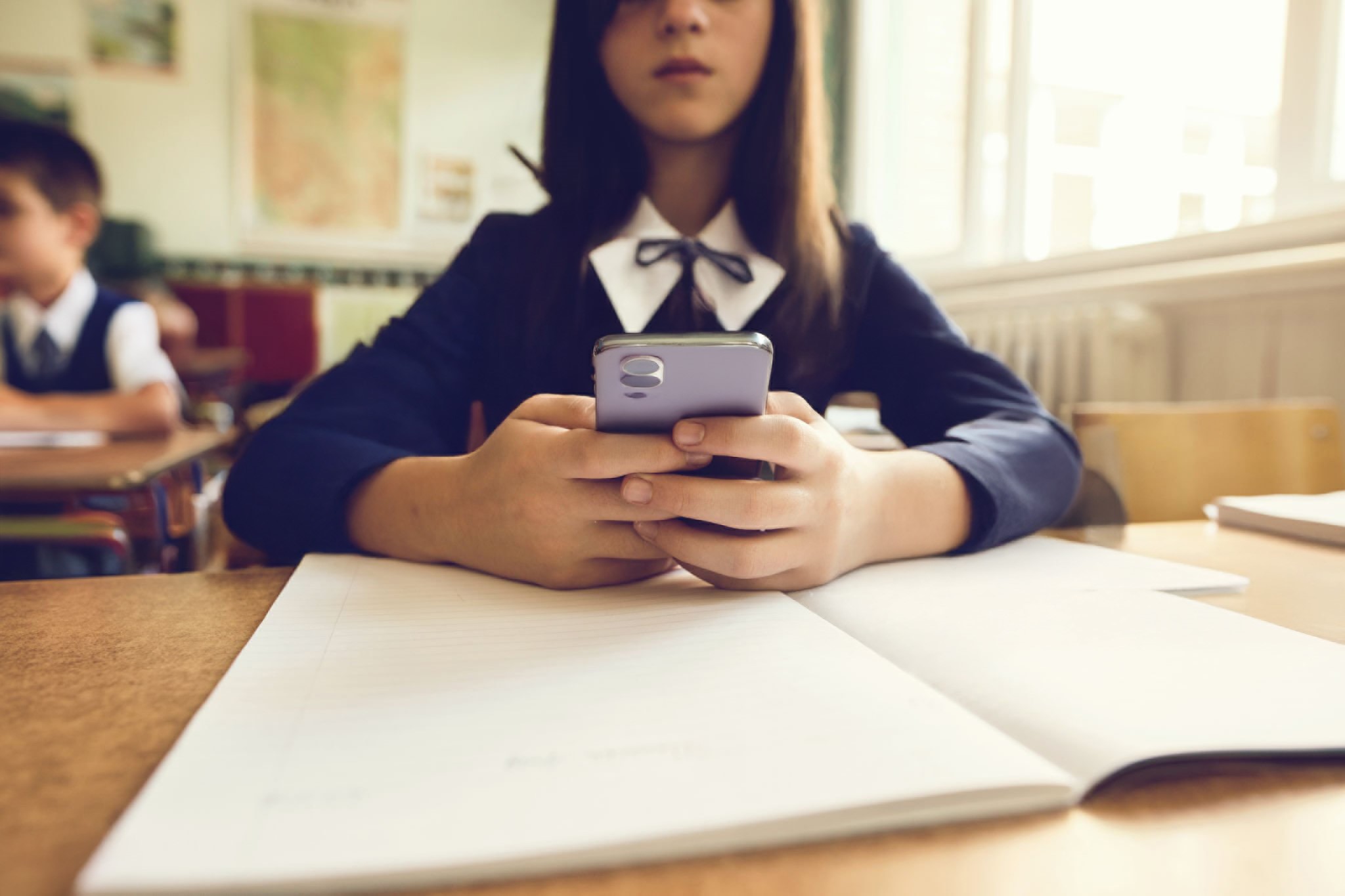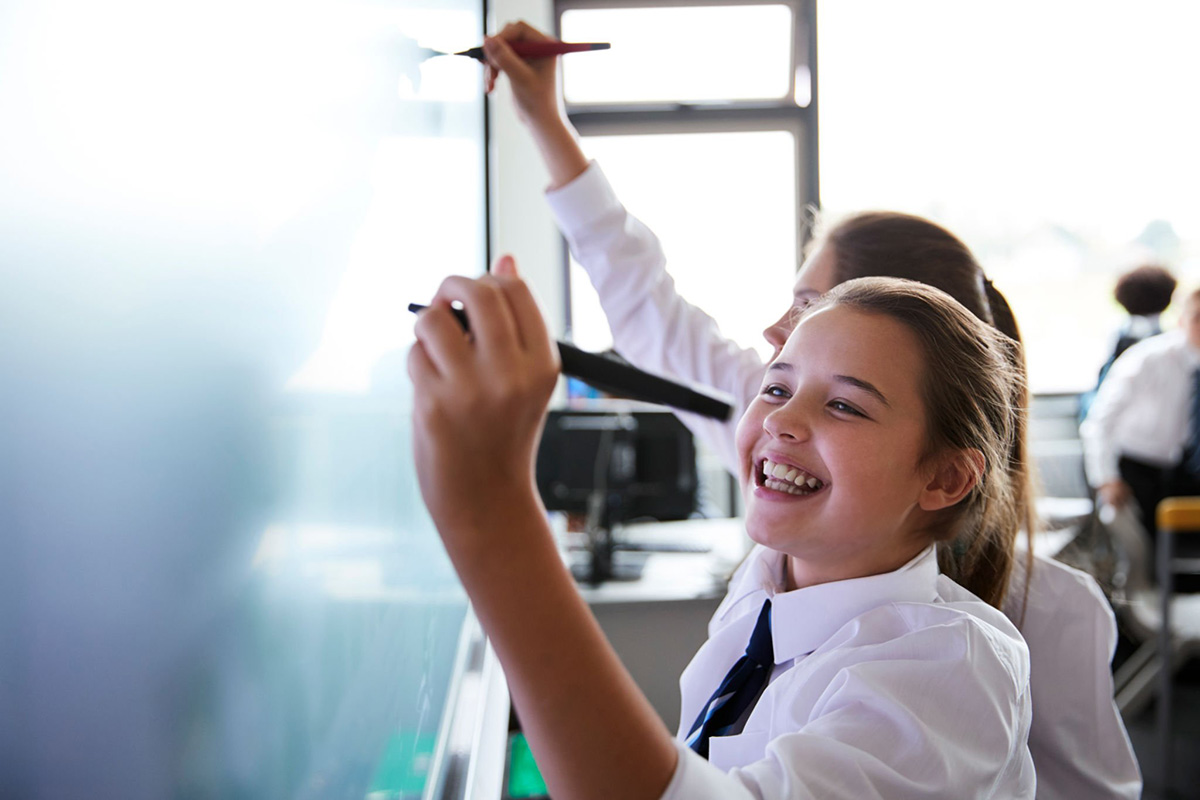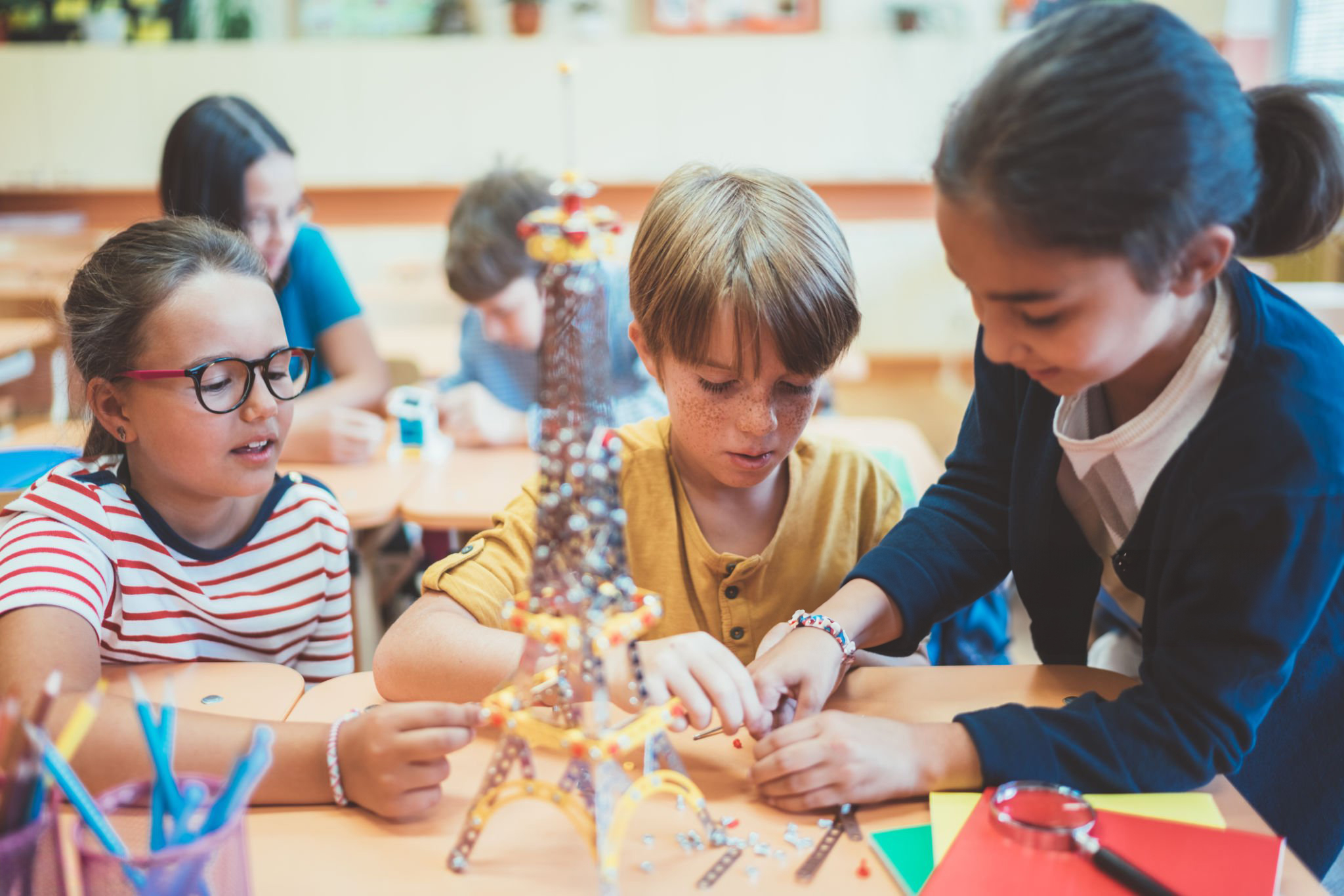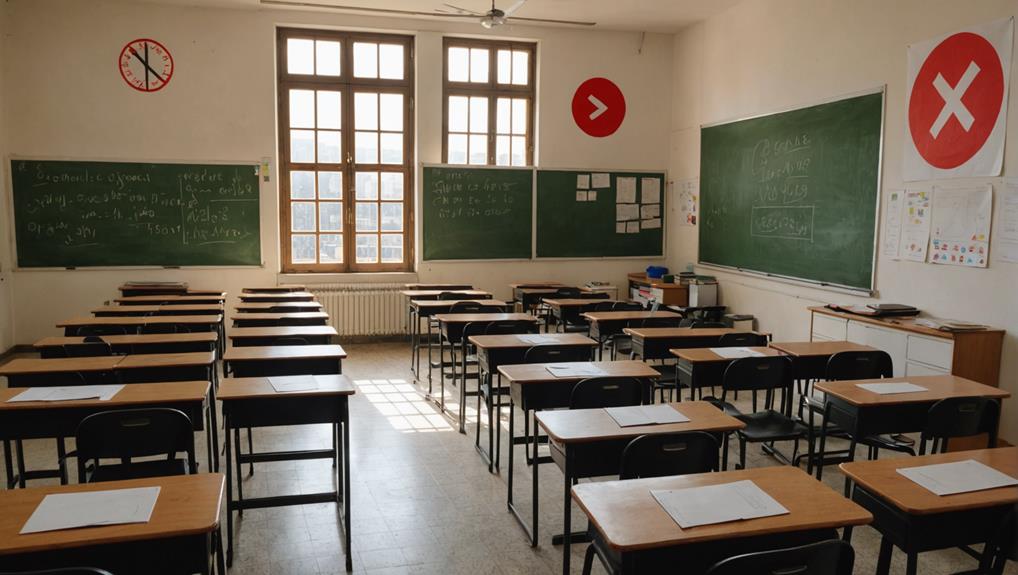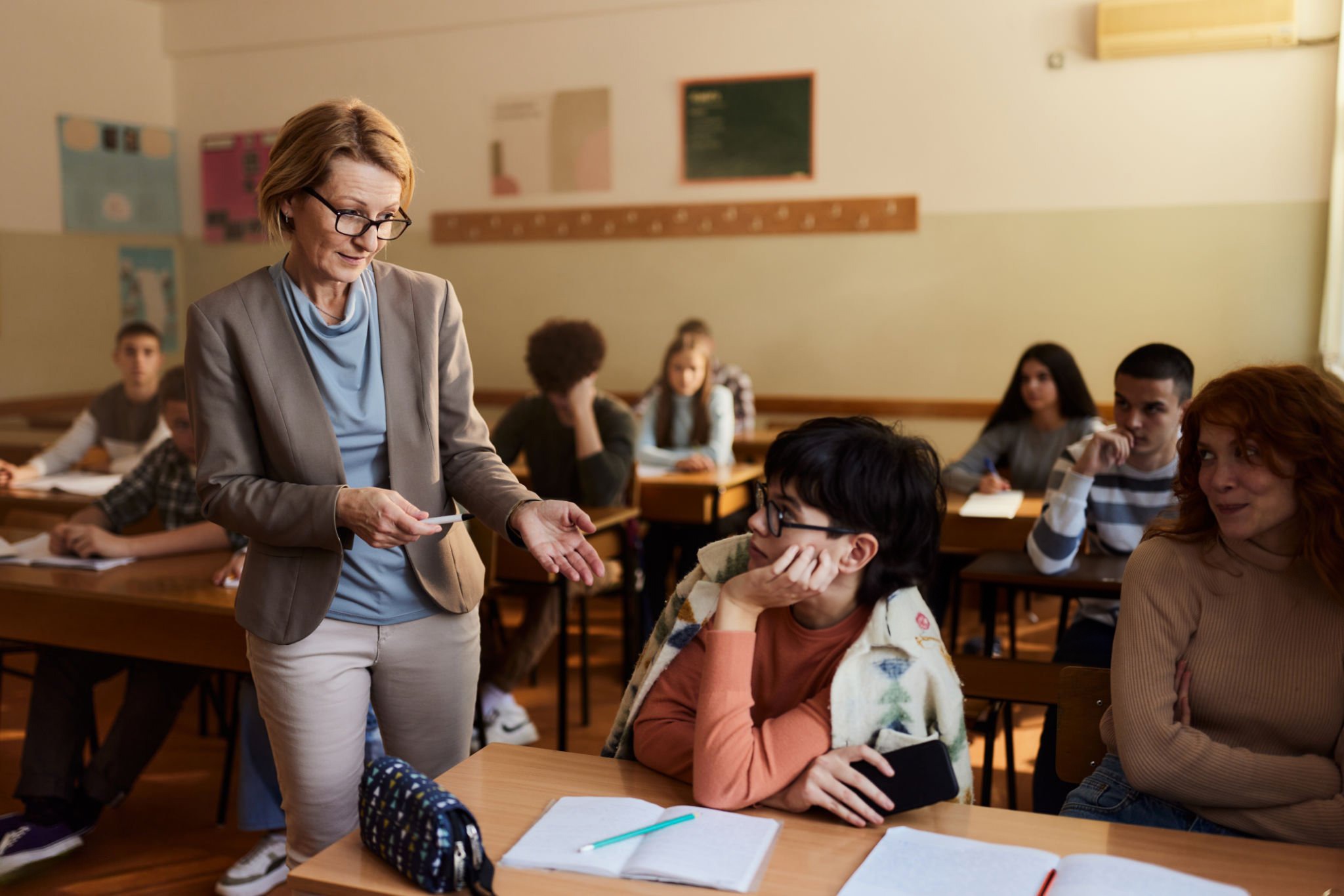Swiped: Channel 4 Reveals the Impact of Phone Bans in Schools
Channel 4’s new documentary SWIPED has taken the country by storm as it investigates young people’s relationships with technology and conducts experiments to try and grasp how much these devices are really endangering our children.
This comes alongside an Ofcom announcement that social media firms will be given a ‘last chance’ to tackle illegal posts on their sites or face financial punishments as the new Online Safety Act (OSA) begins to take effect.
The documentary follows a group of Year 8 students from Stanway School in Colchester who voluntarily give up their devices across a three-week experiment and must perform cognitive tasks which are monitored by researchers from The University of York.
With much of our awareness of the impact of smartphones on young people being anecdotal, there’s an ever-growing feeling that online protective measures are a necessity and this experiment allows us to look in depth at the digital detoxing of young people and revaluate our relationship with technology.
Amidst the smartphone epidemic that many schools are facing, Stanway chose to participate in this experiment to further develop research into this area of young people’s lives, releasing a statement;
‘Over the last few years, as a society we have noticed a considerable deterioration in student’s mental health. More and more young people are struggling with their emotions, relationships, anxiety, and depression’.
This echoes the societal shift in our perception of smartphones and represents the very real concern that many parents, teachers, and even young people themselves have on the damage of these devices.
If children’s increasing use of smartphones was not already a point of alarm for you, it immediately becomes one as the documentary continues, asking participants about their phone usage with some stating they watch Tiktok for up to 8 hours every day and another student remarking they expect to receive “over 300 messages a day”.
This is highlighted by one pupil in particular named Scarlett; she tells us that she experiences “extreme anxiety and up to three panic attacks a day” which is something no twelve-year-old should have to go through. When reflecting on her time in the experiment, she admitted that she felt none of the anxiety or worry that was present when she had a phone, even going as far to say, “I don’t miss it, I could go a few more weeks without it”.
The impact on adolescents
The documentary goes on to speak to Dr Sanjiv Nichani OBE, a consultant paediatrician actively researching the effects of phone use in under 5s. He told co-hosts Emma and Matt Willis that a fifth of 3–4-year-olds have their own device, and this is contributing to an increase in developmental language and behavioural problems. Recounting several cases, he tells us of toddlers with ‘normal mobility’ who were completely non-verbal and had a ‘glazed look’ over their eyes as a result of spending most waking hours in front of a screen.
Nichani goes on to say,
“Most worryingly nursery workers are now saying that children are having temper tantrums when they’re dropped off because their screens are being taken away rather than because the parent is leaving”.
This epitomises the disturbing reality that we face, as screens really are replacing our parents, friends and teachers while commandeering our intimate social interactions, and it’s all happening at an increasingly younger age.
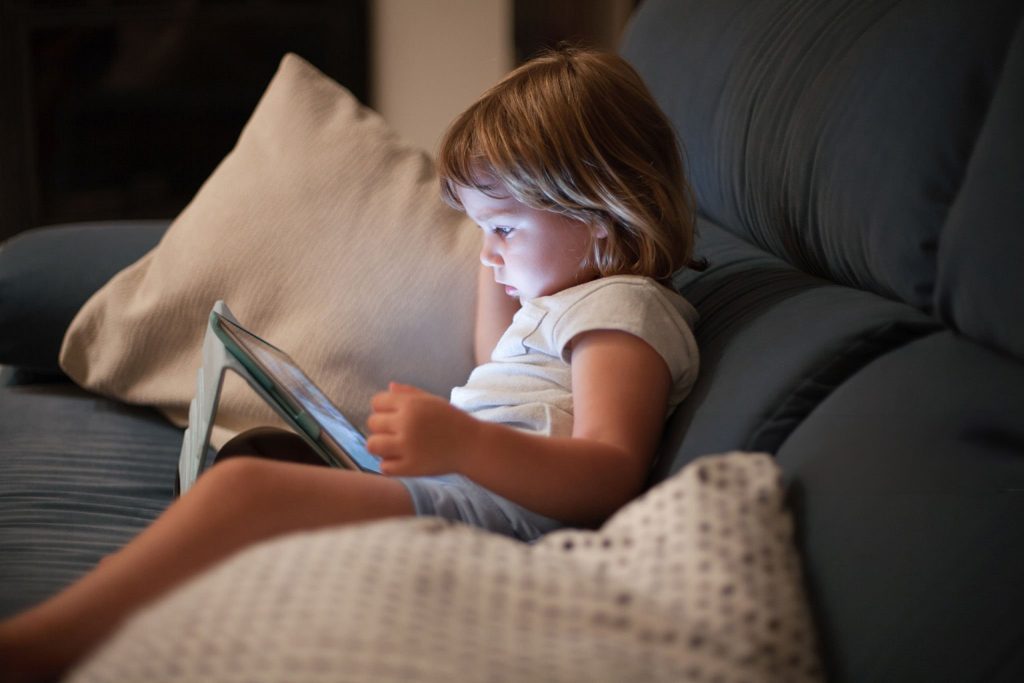
The True extent of content
Emma and Matt as parents themselves were horrified to hear about some of the students encounters on social media, so they endeavoured to see the results for themselves. Setting up two Tiktok accounts as a 13-year-old boy and girl, they were asked to enter their date of birth, Matt stated “this means they’ll see how old you are and customise your experience based on your age”, and while it began innocently, within a few hours of scrolling he was shown a Minecraft video with the shocking audio of a 911 call where a man is beating his wife and their daughter is screaming in the background, the video then goes on to say ‘Like this post to see Part Two’. Emma was similarly exposed to an abundance of depressive and graphic suicidal content.
Mortified by the content being shown to them, the pair came to the consensus that these videos are being served so subtly to children it was near impossible for them to avoid exposure to it. Matt went on to address parent viewers directly:
“However good your kids are, however much you trust them, you can’t trust what they’re being shown and that is a reality”.
The need for legislative changes
Like the majority of viewers at this point in the documentary, the pair couldn’t understand why with brick phones available there wasn’t an outright ban on smartphones for under 14s, so they went to discuss the topic with MP Peter Kyle (Secretary of State for science, innovation and technology).
Kyle said that while they are taking steps in the right direction, not all things are going to be perfect. This was rebutted by Emma who emphasised the necessity for speed and decisive action as the longer we wait the more devastating incidents our children are facing. Kyle conceded that he is ‘shaken’ to the core about what is currently happening and believes as of next year, with the new online safety bill, “The UK will have the most stringent sets in terms of protection”

The transformation
Coming to the end of the experiment, the hosts speak to teachers at Stanway to understand the changes they saw in their pupils.
Although the initial few days left some students feeling ‘queasy’ or ‘anxious’ for being separated from their phones, there was resounding agreement amongst the staff that learning and behaviour had improved dramatically. Headteacher John Player stated he saw an improvement in eye contact skills in just a couple of weeks and other faculty members commenting that ‘Students that were coming in without their phone seemed readier to learn’ and that the pupils ‘felt more socially connected and had an increase in real world interactions’.
In a participant assembly post experiment Dr Nichani goes further into the statistical findings, presenting that within the three weeks there was:
- A 17% decrease in symptoms linked to depression
- An 18% decrease in anxiety
- A 3% boost in working memory
After such a short amount of time, the results are truly eye-opening and it asks the questions what more do we have to do as a society to protect our children?
Throughout the documentary it is emphasised that social media giants ‘aren’t doing enough’ but after interacting with their platforms and speaking to affected parties across the three weeks, Matt powerfully aims to rally support of the movement as he expresses:
“It’s got to be us, it’s got to be schools, it’s got to be tech companies, it’s got to be government. Everybody needs to play their part”.
Creating a phone-free space
The poignant documentary leaves the viewer shocked at the findings and unravels how much access to content these children really have. It leaves us asking ourselves how do we navigate the restrictions of devices that are so tightly intertwined in our lives and find the right balance between regulation and freedom.
Many parents advocate for similar restrictions and bans in their children’s schools but have expressed concerns of misuse of property or wanting to be able to contact their children on the way to and from school. Phone Locker® magnetically sealed phone pouches offer a seamless way for parents and schools to work together and tackle the issue, as students are able to retain their phone throughout the day and unlock it from an unlocking base magnet placed in the school.
Want to watch the documentary for yourself? Watch it online on the Channel 4 website, or on demand on your TV.
If you resonate with the topics discussed and are interested in creating a phone-free environment for your school, place of work or event then Get a no-obligation quotation today.



